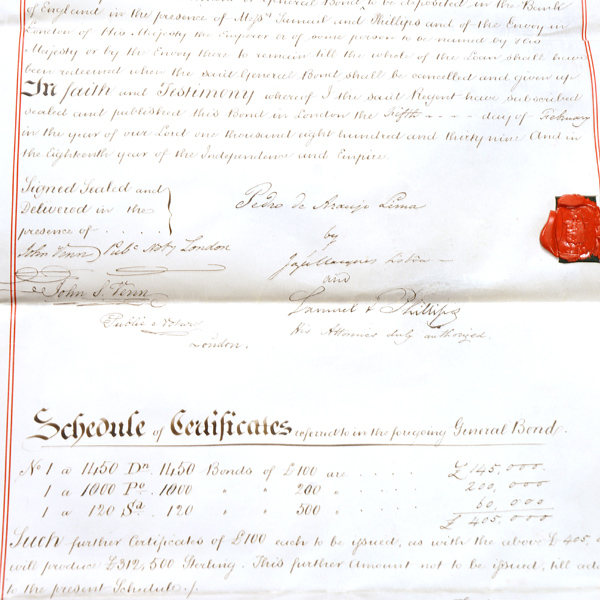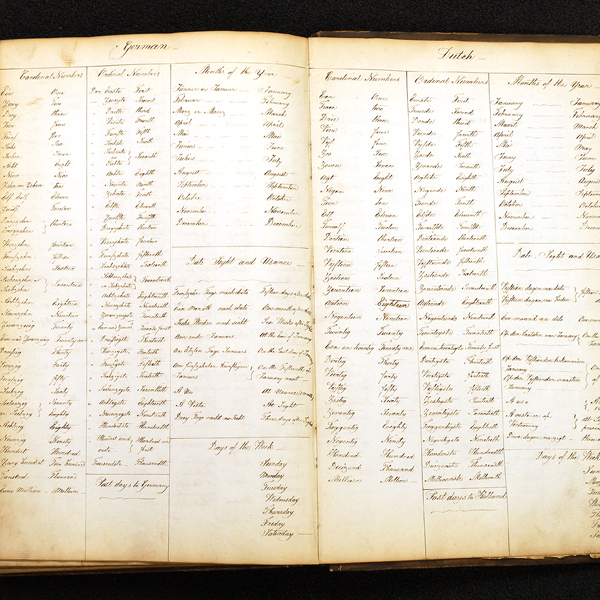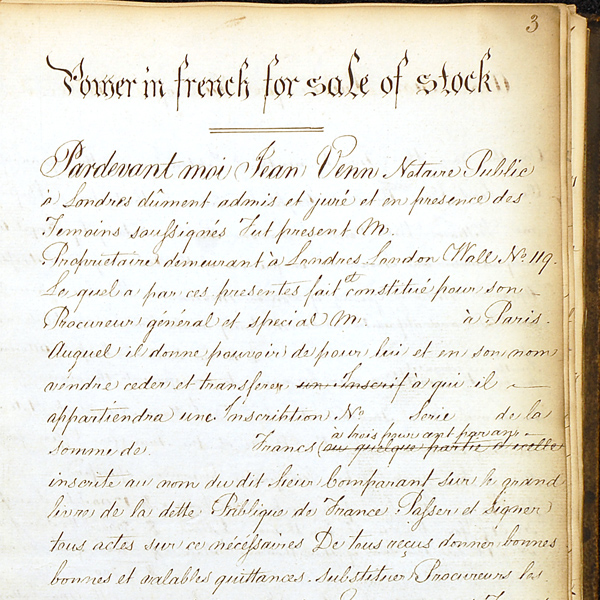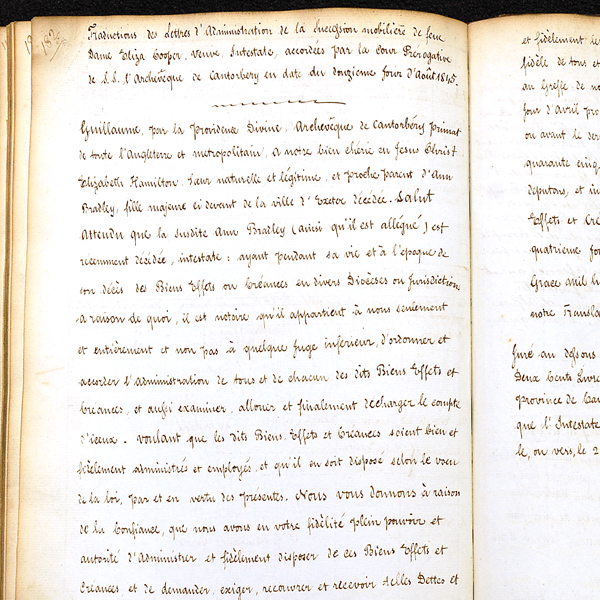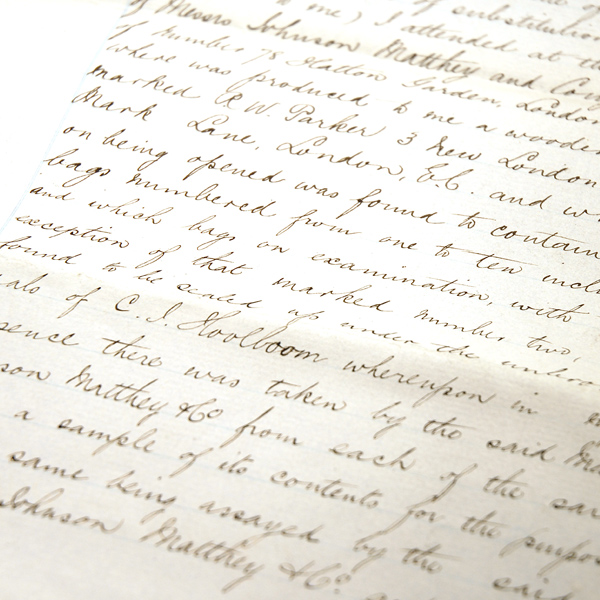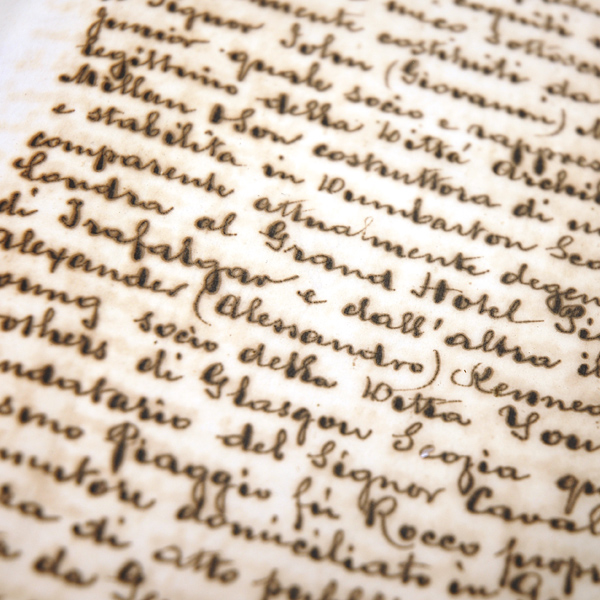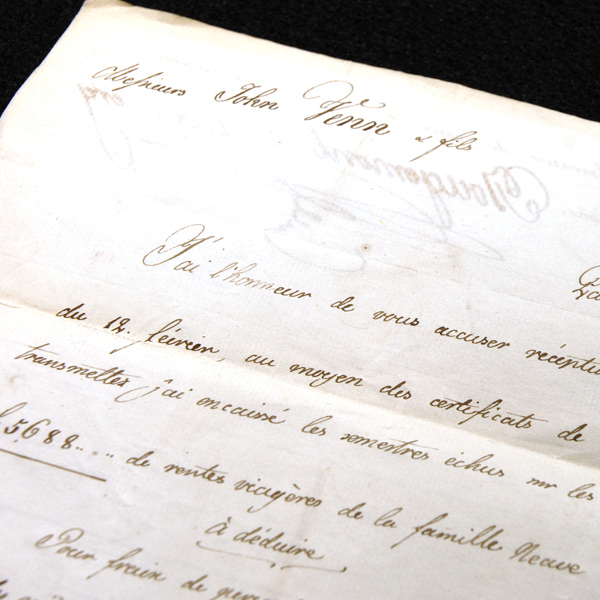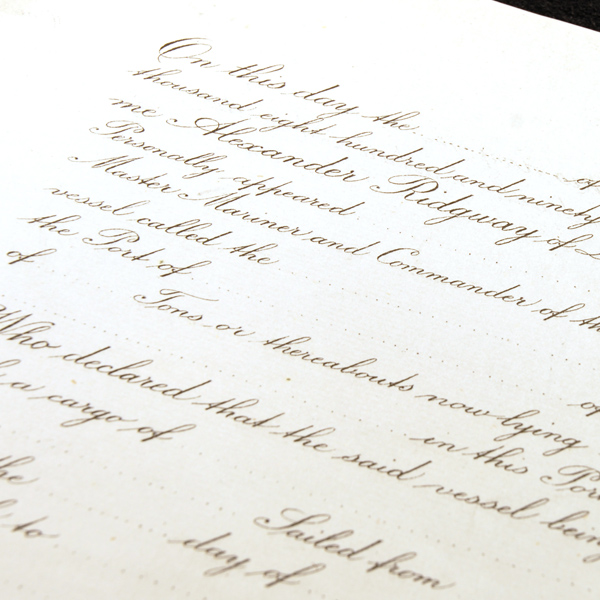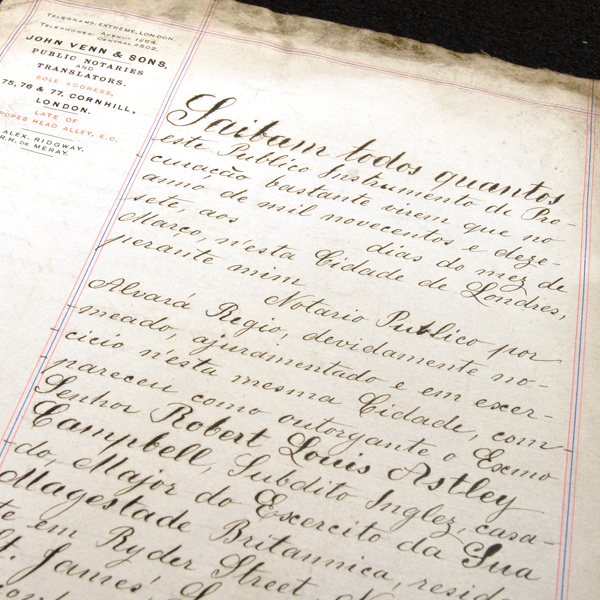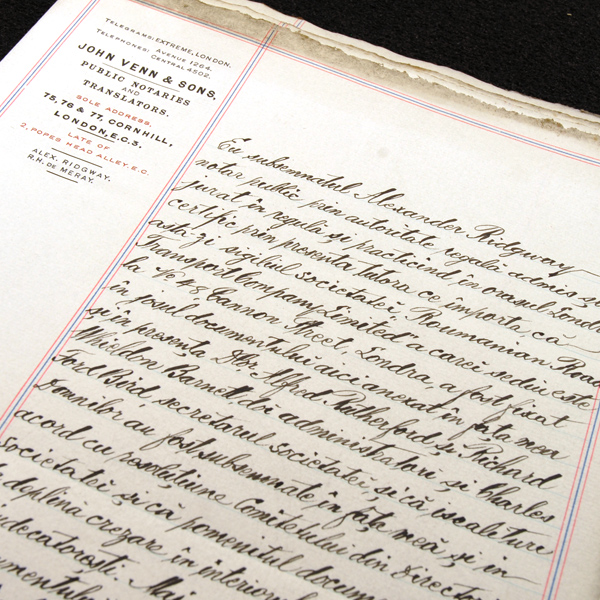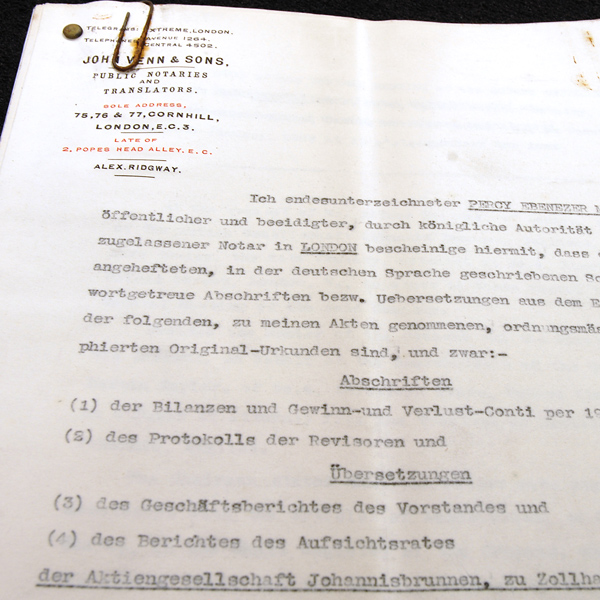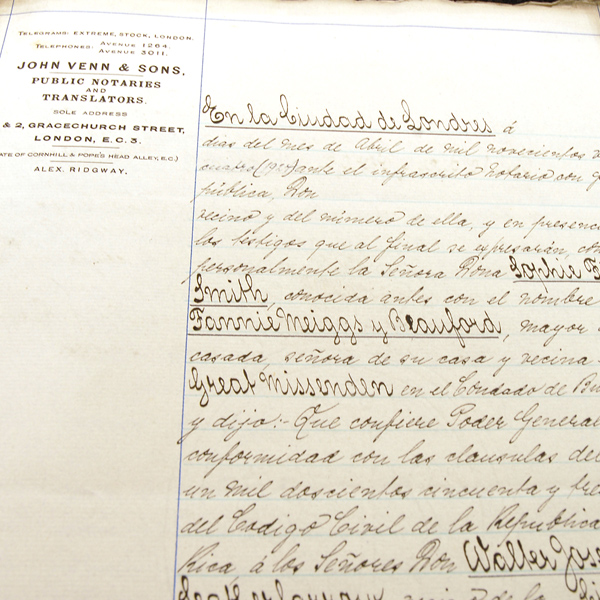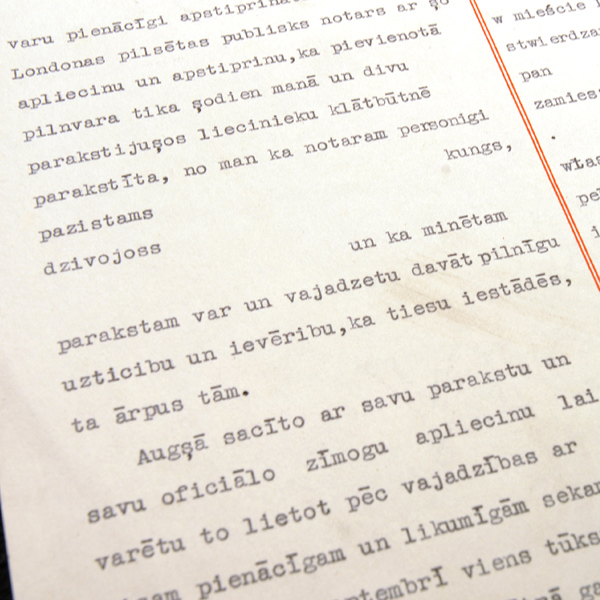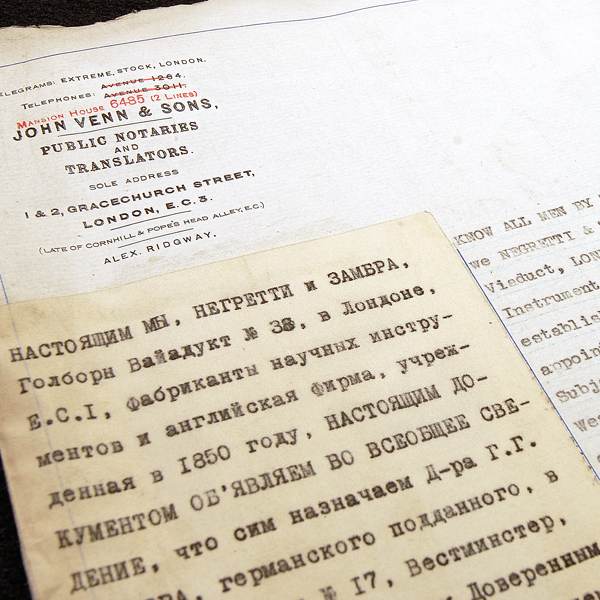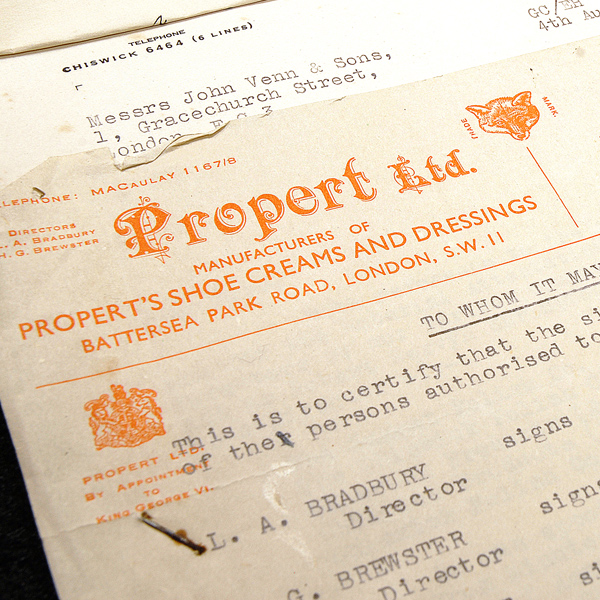In the 1830s the Brazilian Empire was looking to fund the national debt in London. Bearing stamps from the reign of George IV, this bond dates from 1839. John Venn witnessed the signature of the Brazilian chargé d’affaires, the representative of the Regent of Brazil, “pledging for the strict and due fulfilment thereof His Majesty’s Imperial and Sacred Word”. Pedro II was then 13 years old.
The same volume contains various precedents for use in notarial work: “legality of a merchant’s signature”, “attestation of registrar’s signature”, “protest of a bill of exchange”, “certificate of burial”. The French-language texts show that John Venn would use the French version of his Christian name.
A French translation of an order made in 1845 by the Prerogative Court of the Archbishop of Canterbury. Elizabeth Hamilton had been entrusted with the administration of the estate of her deceased sister “in the confidence we have in your faithfulness”. The archives contain numerous handwritten translations of standard documents used in commercial and inheritance law, with repeated interpolations in the margin, all of which suggest how laborious the task could have been.
In May 1883, William Webb Venn was instructed to attend by Berlin clients to visit an address in Hatton Garden, London, “where was produced to me a wooden box… which on being opened was found to contain ten bags.” Seals were broken and “in my presence there was taken a sample of its contents for the purpose of the same being assayed”.
Alexander Ridgway enjoyed enough business from the London shipping industry in the 1890s to order printed forms of ship protest. A ship master could relieve his employer of liability for damage to cargo by showing that the damage was caused by the perils of the ocean rather than the negligence of the crew.
In March 1917 a Major Robert Campbell applied to the Portuguese government for exemption from tithes “for as long as the circumstances arising from the present state of war exist”, he being “unable to enjoy the benefit” of his estates in Portuguese East Africa (Mozambique). This power of attorney was given to the Agencia Colonial Limitada” in Lisbon.
Johannis Brunnen AG held a General Meeting in London in 1922, as is shown in this German-language notarial certificate. There was a good deal of unfinished business, as the accounts for the period 1914-1920 were presented. Percy Mattocks recorded that the meeting had taken place and provided a certified translation of the accounts.
Painstaking effort must have been made by a typist in September 1934 to reproduce the diacritical marks in Latvian and Polish on this template. The letters “l” and “t” have been overtyped to reproduce the Polish letter “ł”. Other Polish-language documents from this period reflect the Europe of the post-Versailles Treaty, with references to “all my property in Poland and the Free City of Danzig.”
